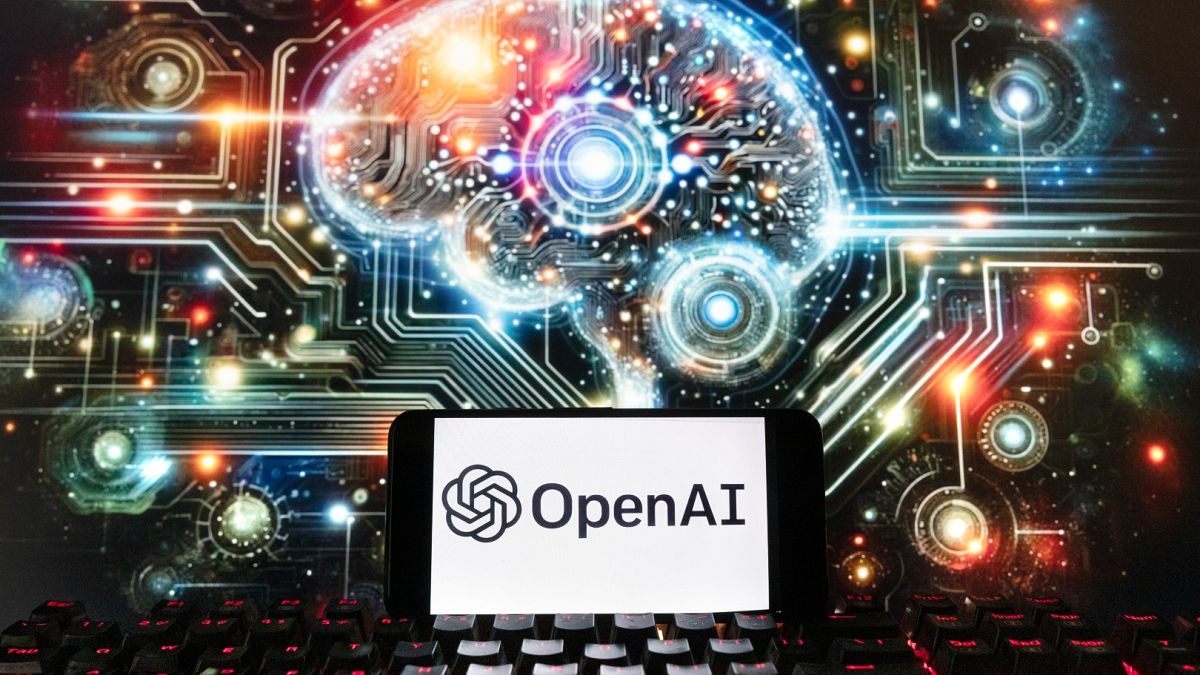In 2025, the field of artificial intelligence is expected to see several advancements that will likely shape the future of technology. According to reports from popular AI chatbots like ChatGPT, Copilot, Perplexity AI, and Gemini, as well as expert analysis, there are four key developments to look out for in the coming year.
One major advancement predicted for 2025 is the widespread adoption of AI agents in businesses. These AI agents, capable of making decisions and completing tasks without human intervention, are expected to revolutionize workflows by automating routine and repetitive tasks, allowing human workers to focus on more strategic and creative activities. Consulting firms like PwC and Deloitte predict that companies will increasingly deploy AI agents, with Deloitte estimating that 25% of AI-using companies will be ready to implement AI agents by the end of the year.
Industry-specific AI, also known as narrow AI, is another area expected to see significant growth in 2025. Chatbots Perplexity and Copilot, along with AI consultant Catherine Breslin, believe that professionals in fields like law, medicine, and space should consider how AI can enhance their work. Advancements in the medical field, particularly in drug and product development, are expected, as AI tools become more specialized and effective in specific domains.
The integration of AI into devices is set to increase in 2025, with generative AI predicted to be present in about 30% of all devices and 50% of AI-enhanced laptops by the end of the year. Industry-specific AI is becoming easier to host on phones, allowing companies to create apps that can function offline without the need for an internet connection. Companies are developing smaller language models that excel in tasks like complex reasoning, making AI more accessible and efficient for a wider range of applications.
Multimodal AI, which processes information from text, images, audio, and video simultaneously, is expected to improve in 2025, enabling AI models to generate different types of content seamlessly. This technology will provide users with more comprehensive responses to their queries and enhance media production processes. Google’s Gemini 2.0 is an example of a multimodal AI chatbot that can process various types of data, offering a more versatile and nuanced user experience. However, the availability of advanced multimodal AI in Europe in 2025 could be limited due to regulatory challenges faced by companies like Meta.
Overall, 2025 is shaping up to be an exciting year for artificial intelligence, with advancements in AI agents, industry-specific AI, device integration, and multimodal systems expected to drive innovation and efficiency across various sectors. As businesses and professionals continue to explore the capabilities of AI technology, the potential for transformative advancements in artificial intelligence continues to grow. With the right strategies and collaborations in place, the future of AI looks promising for 2025 and beyond.











